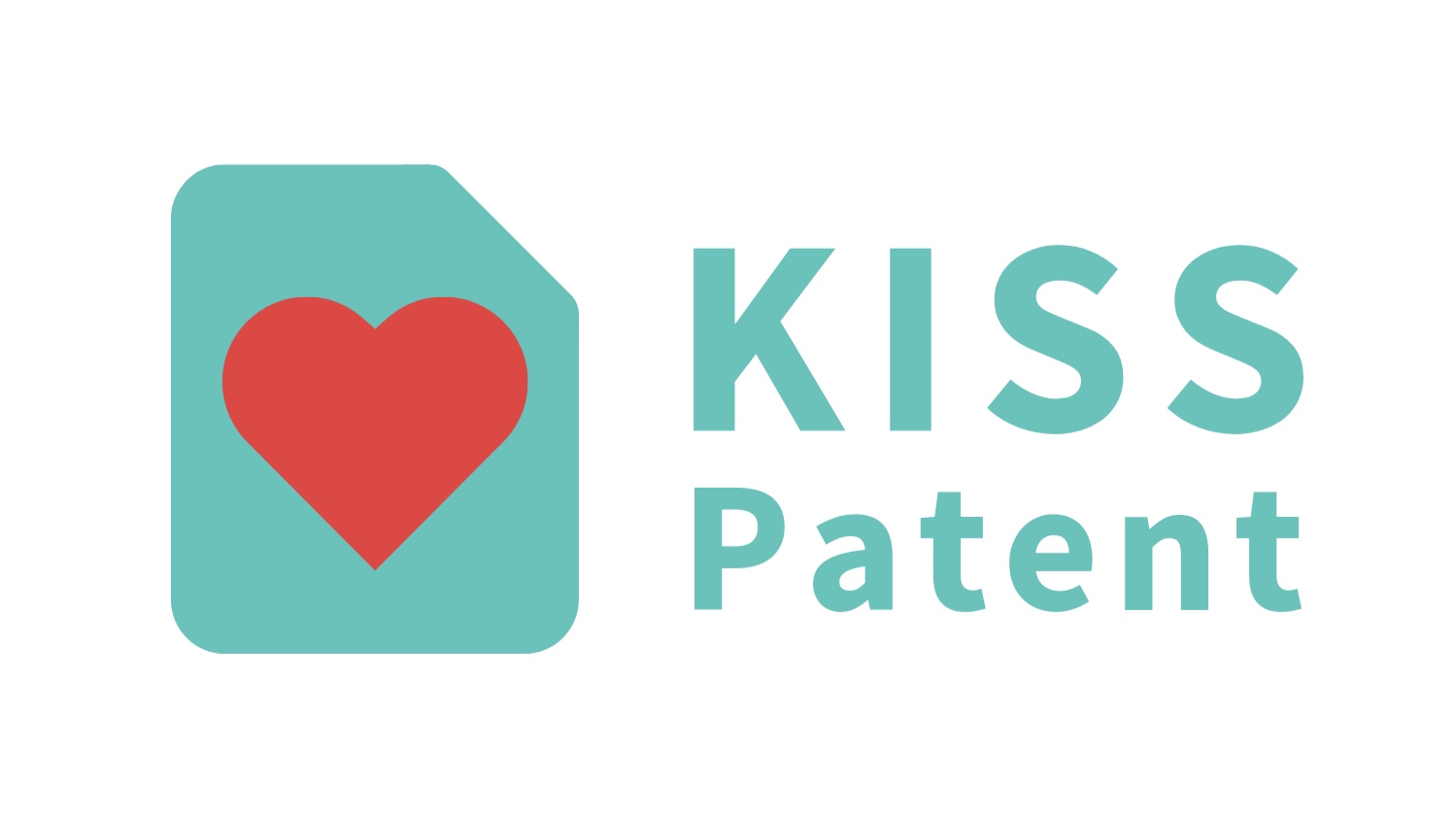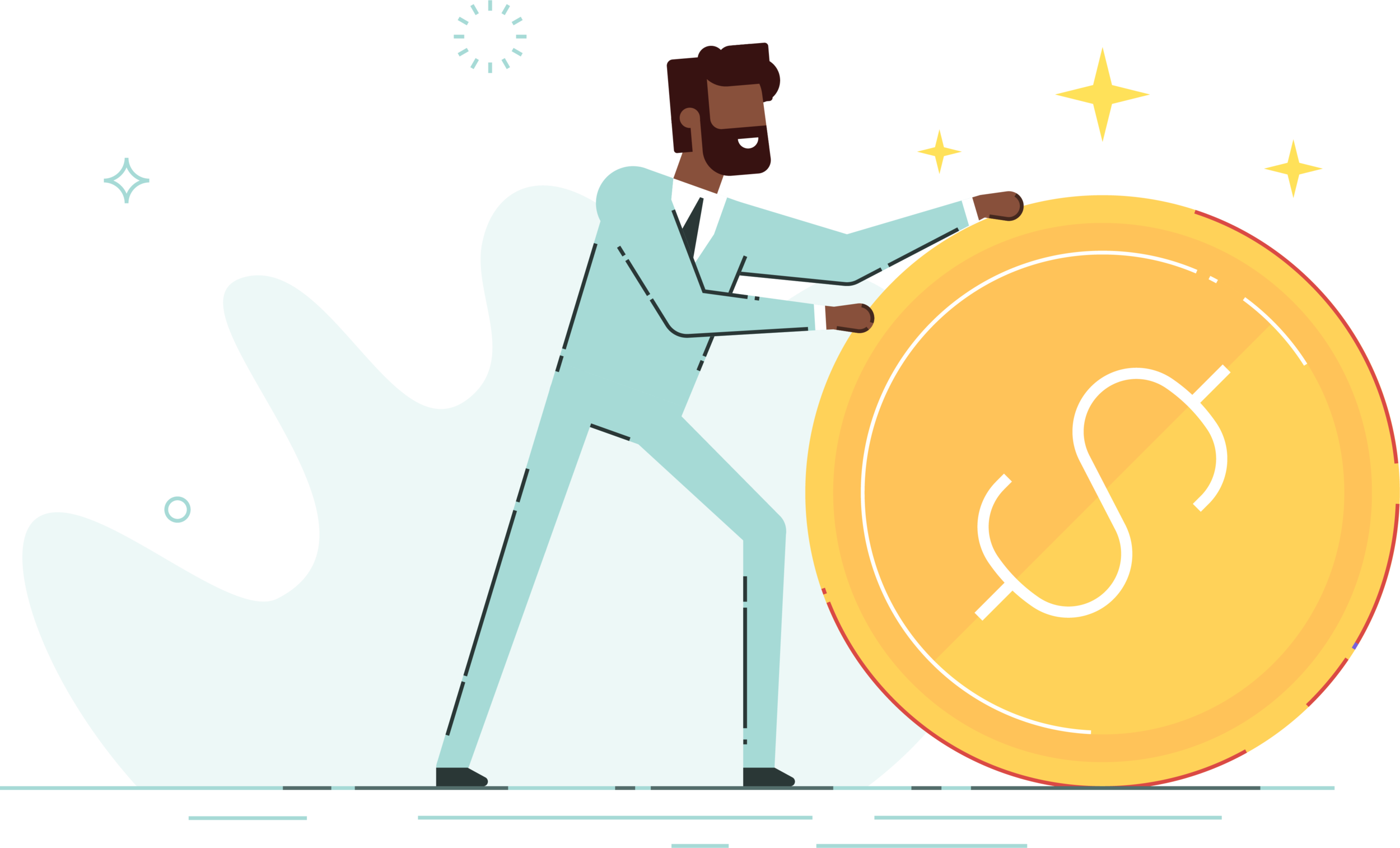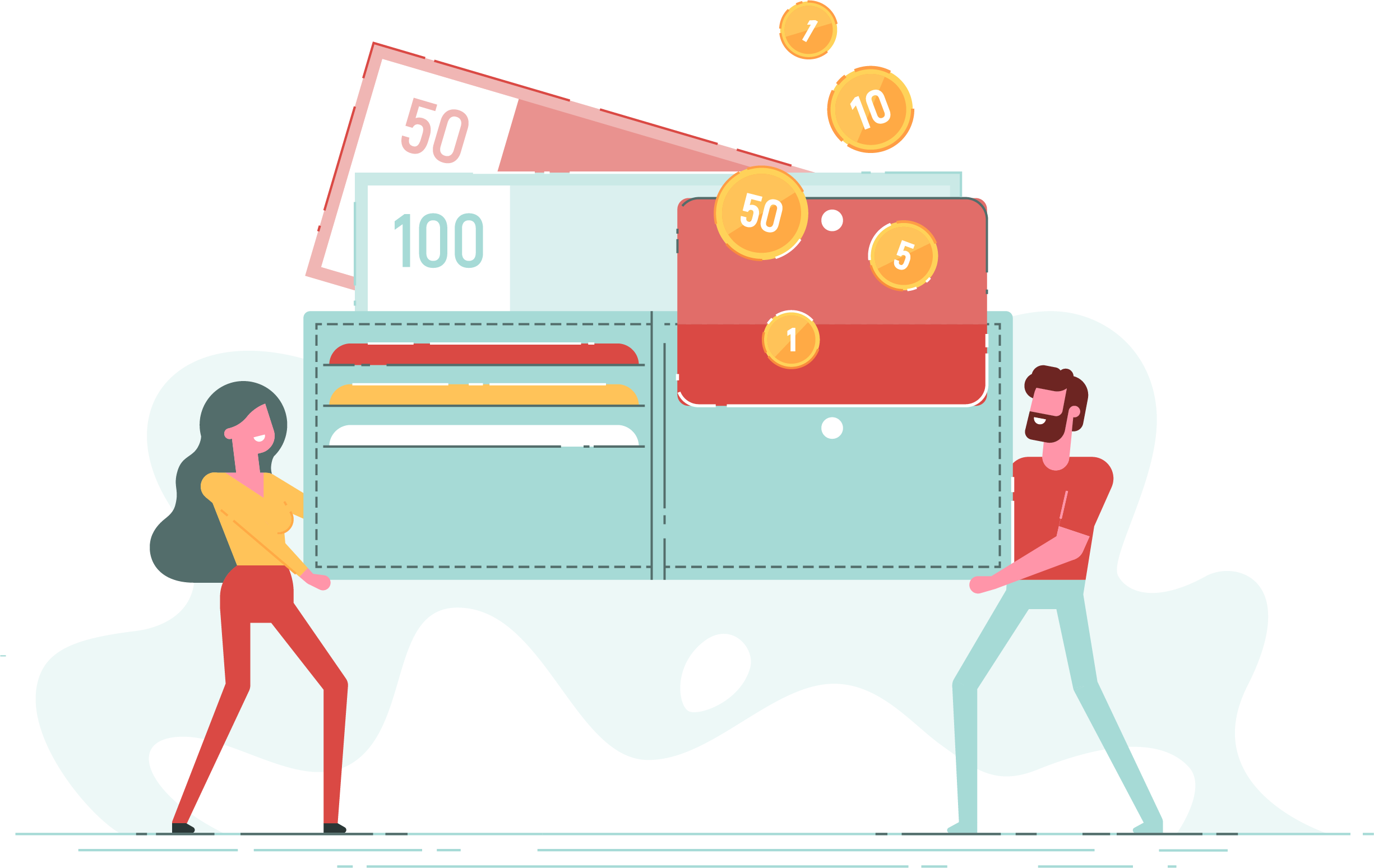When we talk about music, most of the time we don’t think about technology or innovation. But, from the moment music is composed to the moment you listen to it there’s a lot of innovation involved. Or, do you think your fancy headphones aren’t innovative? They are!
Even if the most common intellectual property (IP) protection in this industry falls under copyright, there are lots of other elements in the process of creating, distributing, and enjoying music that need other types of protection, specifically through patents and trademarks.
Copyright in the music industry
Copyrights protect artistic and creative works like music. If content is the main feature of your creative idea, then you need to protect it with a copyright.
Copyrights have many advantages over other types of IP protection. For one, it’s quite inexpensive — the registration fees at the US Copyright Office (if you do it yourself) are only $55.
A copyright is an inherent right, meaning that the creator of a work (or his/her employer, if performed under contract) automatically owns the copyright in creative work.
You will, however, need to register your copyright in the US in order to be able to enforce it.
Learn more about copyright here.
Trademarks in the music industry
A registered trademark relates to your brand identification - including product/company names, logos, slogans, and more.
Now, in the music industry, the most obvious way you would need a trademark is to protect your band or stage name. It’s not a small thing. Disputes over trademarks are super common in the music industry, especially because a lot of record labels own the trademarks of the artists they represent. This can generate conflicts if an artist wants to go their own way - they may not be able to their own name.
But it’s not just about being able to control a name, it’s also about controlling products with their image. Take the example of BTS, the super famous K-pop band. They’ve filed for trademarks in other categories beyond recorded music or entertainment, protecting themselves in the sporting articles and battery chargers classes also.
And, furthermore, you can even trademark specific phrases of songs. For this, you have to consider that the phrase is long enough to trademark. Otherwise, you can’t trademark it, like when Taylor Swift tried to protect “sick beat.”
Learn more about trademarks here.
Have a show-stopping musical innovation?
Take our short survey to find out what type of intellectual property is right for your musical innovation!
Patents in the music industry
As mentioned before, there’s a lot of innovation going on in the music industry. It’s not just about new music being created, it also has to do with the way that music is created, distributed and enjoyed.
In the case of technological innovation related to music, the best way to protect it is with a patent.
The first thing you need to know if you’re thinking about getting a patent is to differentiate a utility patent from a design patent. A utility patent is granted to an idea that describes how something works or operates. On the other hand, a design patent is only related to how an invention looks, like the glass, curved Coca-Cola bottle.
So, for example, getting back to your fancy headphones, they might have a design patent if the aesthetics are very unique and a utility patent if they’re using a novel idea in its construction so the sound has a better quality.
Patenting musical instruments
Musical instruments can be patented! Patentable musical instruments can be novel ones or improvements to already existing instruments. For example, new musical instrument designs fall under the Class D17 in the USPTO system, which covers keyboards, wind instruments, strings, print, percussion, mechanical, and miscellaneous.
While these are all well-known instruments, it’s still possible to invent new and improved ones. If your musical instrument idea relates to the function of the instrument, then it could be protected by a utility patent application - falling under many different categories at the USPTO.
We sometimes take musical instruments for granted, yet rock icon names like Eddie Van Halen managed to create and patent a musical instrument support device. His creation lets a musician play an electric guitar without having to hold it in their hands.
An idea like this shows how existing ideas can become improved with some smart thinking. In many cases, it involves surprising names you don’t expect. Marlon Brando is another case from the above link who patented a “Drumhead Tensioning Device and Method” for conga drums. The device allowed automatic tuning on the drum to add convenience for a drummer.
So, as you can see, you can patent all kinds of inventions related to music!
Patenting music software
Music software is used by millions of people every day. Some are more specialized than others but what they all have in common is that they’re patented. You can get a utility patent for music software.
Patenting software can be tricky.
You need to think about the exact limits of what you're trying to protect before approaching patenting. There are things that patents don't cover like code, for example (which can be copyrighted, by the way). This is because computer code is just one method of achieving an outcome. So, if you want to get a patent you need to patent a system or set of processes with a clearly defined outcome.
If you’re wondering if you’re ready to patent your music software, you can answer these 5 questions to know if you’re on the right track.
How can we help you patent your music idea
We’re experts in innovation and music is just as innovative as other industries we work with. If you’re already working in the music industry and you have an idea you want to protect, we want to hear from you!
Our goal is to help you get the best protection without you having to worry about it. Once you start working with us, you’ll have a partner by your side that will be able to answer all the questions you have, give you advice, and do the hard work for you.
We can start with a $99 consulting call, during which we’ll evaluate your idea and give you advice about the best way to proceed with protecting it.
Remember, to file for a patent you need to have photos, sketches, or some kind of visual aid to explain what you’re trying to protect. If you’re developing music software and you don’t have the drawings, we can help you with that!
And from there, you can start with a basic patent search and filing package to start the process to protect your idea.
Then, we’ll keep you updated about your process. As easy as that!
What’s next?
We hope you’ve learned how important it is to protect your intellectual property in the music industry. You can protect your ideas with trademarks, copyrights, and patents. Some times you’ll need one, and sometimes you’ll need all of them!
Remember that protecting your intellectual property is a strategic move, you can’t wing it!
Can’t wait to start? Fill in our short survey below and somebody will be in touch with you soon!































